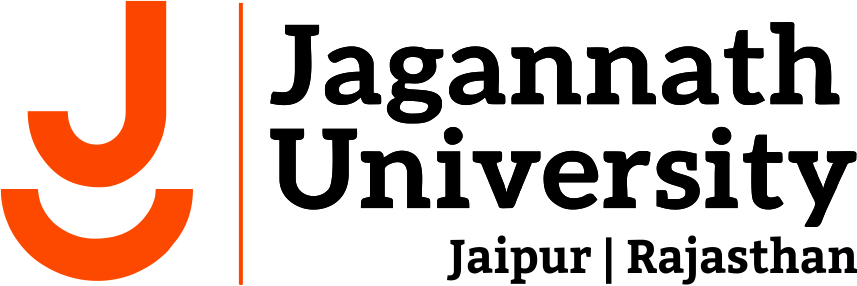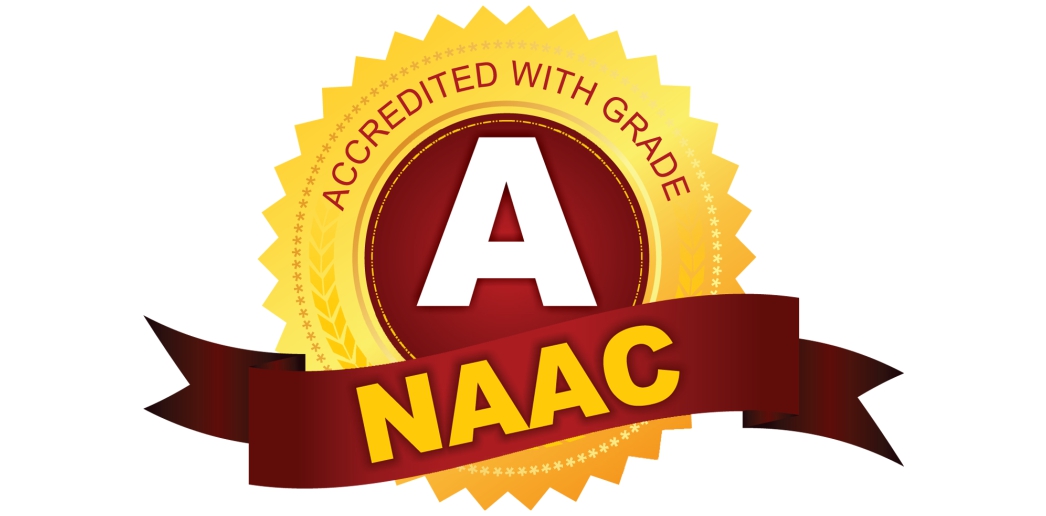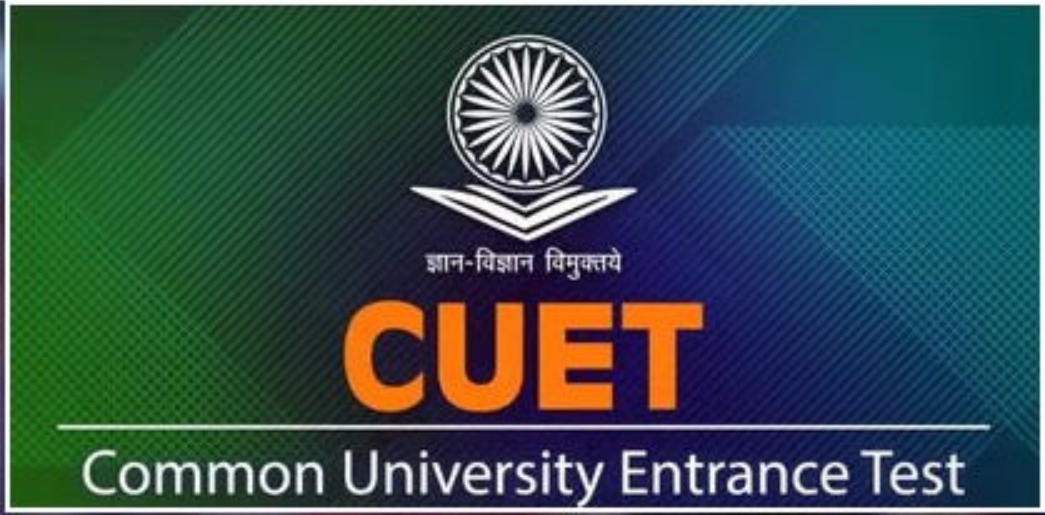
All Volumes/Issues
Volume 2, Issue 1
E-learning challenges faced by faculty members and the use of a systems-based approach to problem solving
Author: lec. Israa Fars Hassan and lec. Othman Atta Ismael
Abstract:
The aim of this paper is to shed light on the experiences and challenges of E-learning in Iraqi universities. It identifies the most important obstacles and problems faced by the teaching staff (faculty members). The sample of the study includes (166) teaching staff. The results of the research are based on the answers of the respondents and the assessment of questionnaires to come up with the appropriate solutions to those obstacles and problems. The study stated the most important advantages of E-learning which has become the only way to curb the spread of the pandemic. E-learning is a self-learning process through mobile phones and computers. This process resulted in the learner learning anytime, anywhere. E-learning includes the presentation of texts, videos, audio clips, animations and virtual data, thus creating a very rich learning environment. The idea of ​​the study came for the purpose of providing an educational environment rich in information, limiting the spread of the Corona epidemic, and limiting the challenges facing the faculty in Iraqi universities. Given the importance of the topic, which saves time and money because learners can access it from anywhere and they do not need to leave their homes to attend lessons, which makes it easier for learners to remember information, syllabuses, curricula and concepts and apply them in practice. E-learning also provides the continuity and stability of the learning process and that it meets the needs of learners easily and quickly in the time of the Corona epidemic to limit the spread of the epidemic. The researchers applied the descriptive analytical method, being an organized systematic method by which the researchers studied a subject from its all aspects. This approach helped in collecting the appropriate data and information; then clarifying the relationship between the research variables in the form of questions or hypotheses, and the use of statistical analysis tools that fit the nature of the research data. The online questionnaire consists of two axes and it was adopted after verifying its authenticity, validity, reliability, and stability. Then it was distributed to a sample of faculty members in the Iraqi universities by suing (Google Form). After analyzing the data collected from the questionnaire, the researchers reached the most prominent results and recommendations.
The researchers have come up with the following results: The lack of infrastructure that uphold the use of E-learning such as slow Internet connections and the absence of devices, equipment and educational programs. And the lack of educational material constitutes a major obstacle to E-learning, especially when universities do not provide programs or E-learning requirements for teaching staff. Thus, the teachers are forced to rely on free programs which do not provide many of the sober features that completely govern the management of the E-classroom.
The researchers reached the most prominent recommendations: Developing the skills of the teaching staff (faculty members) by training them how to use computers and mobile devices (personal digital assistants cell phones, etc.) and E-learning platforms. Universities should provide teachers with paid programs and material facilities to help them cope with E-learning.
Download File



